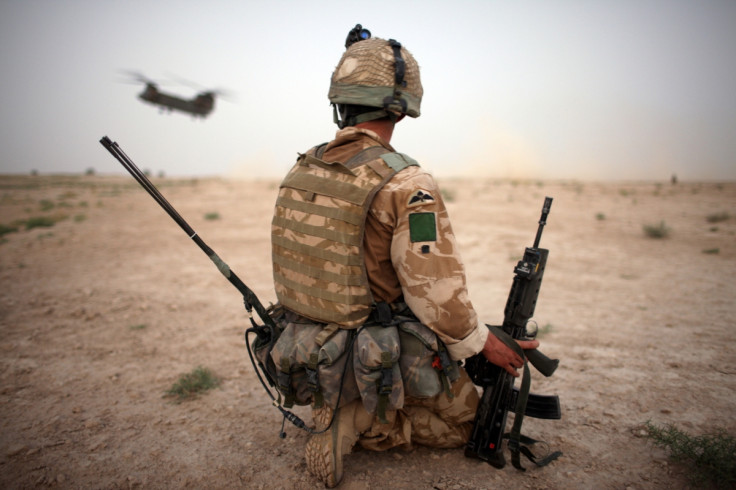Afghan interpreters who 'risked their lives' helping British Army denied full asylum in UK

Two former interpreters who worked with British armed forces during the war in Afghanistan have lost their challenge to be allowed extra help to resettle in the UK. The claimant took their appeal to the High Court hoping to be grated a government assistance scheme for people who risked their lives working with British soldiers to be granted asylum in the UK.
However, the scheme is only open to those who lest British employment prior to December 2012. The men, Mohammed Rafi Hottak and a second known only as AL, believe they are being discriminated against in comparison to Iraqi interpretations who were all given assistance after helping the British during the Iraq war.
The men wanted all "locally engaged staff'' employed by the Ministry of Defence and the Foreign and Commonwealth Office in Afghanistan before the cut-off point to be assisted by the government with the scheme.
AL still remains in Kabul in hiding from the Taliban after helping the British army. Hottak has now been granted asylum but still has family in Afghanistan.
High Court judges Lady Justice Arden, Lord Justice David Richards and Sir Colin Rimer rejected their case and refused permission to appeal to the Supreme Court on the basis that the "territorial reach" of the Equality Act 2010 could not be extended to the claimants cases and there is no evidenced they are being discriminated on the basis of their nationality.
Rosa Curling from law firm Leigh Day, who represented the men: "Our clients are very disappointed. We hope that the Supreme Court will allow us to take this legal fight forwards on behalf of these brave men. "The recent reported suicide of the former interpreter Nangyalai Dawoodzai highlights again how the current policies are failing. Afghan interpreters must be treated equally to those who served in Iraq for the brave service they gave to this country and its Armed Forces." Dawoodzai, a former translator for the army in Helmand, killed himself after being told he did not qualify for asylum in the UK.
One of the interpreters taking action added: "We are disappointed by today's judgement, and we hope to be granted permission to appeal. The campaign for the men who risked their lives for British soldiers in Afghanistan continues. We must be allowed to live in safety, free of threats from the Taliban and now the Islamic State."
© Copyright IBTimes 2024. All rights reserved.






